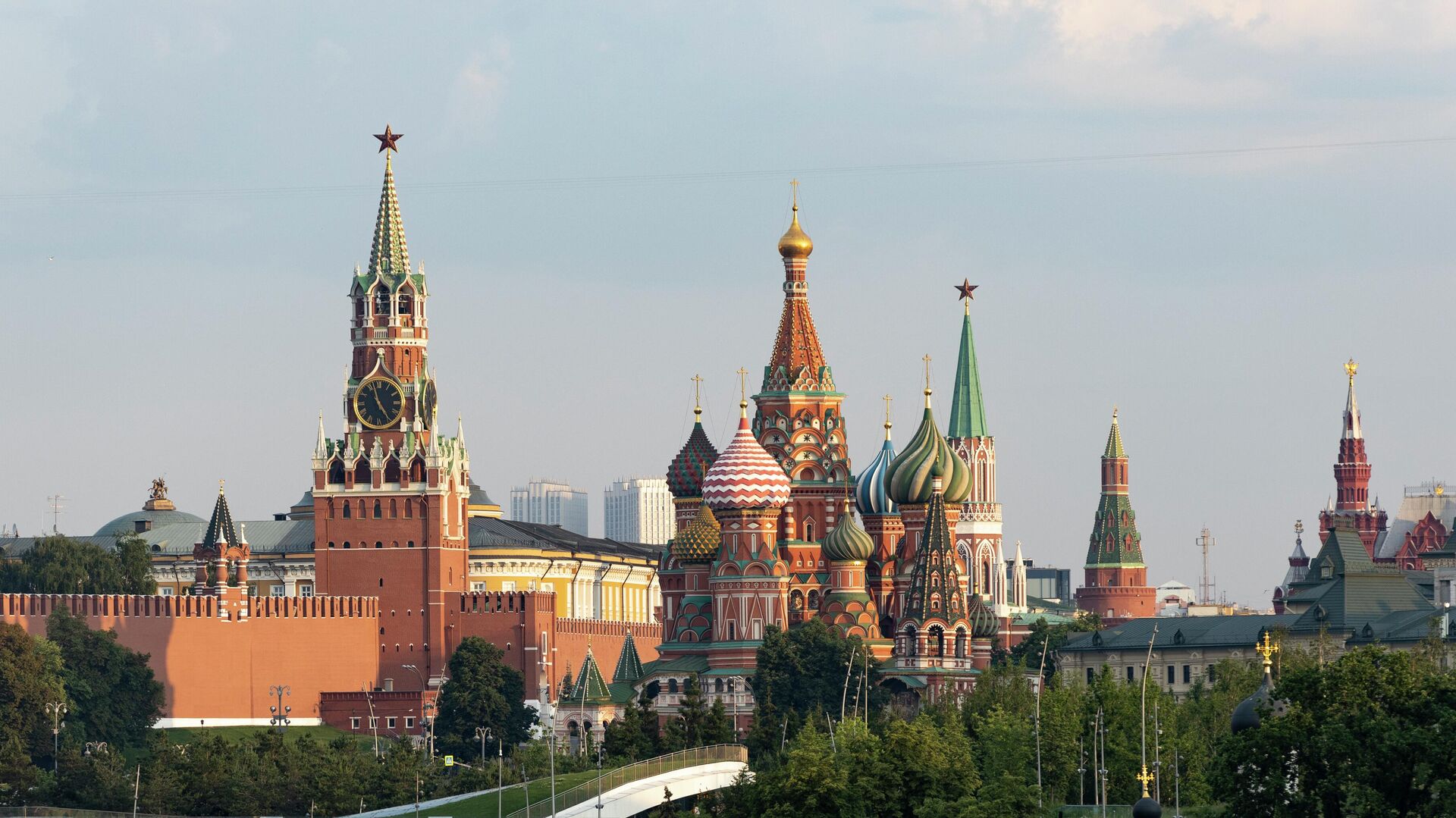https://sputnikglobe.com/20240223/how-can-foreigners-move-to-russia-1116944015.html
How Can Foreigners Move to Russia?
How Can Foreigners Move to Russia?
Sputnik International
First things first, one needs to decide exactly why he or she wants to move to Russia. Currently, there are four options available: to study, to work, to reunite with one’s family member or to invest.
2024-02-23T19:01+0000
2024-02-23T19:01+0000
2024-02-23T19:07+0000
russia
immigration
work
study
investment
russia
https://cdn1.img.sputnikglobe.com/img/07e7/08/11/1112666454_661:0:4302:2048_1920x0_80_0_0_04b0e85094571f3ff63efec4afba3008.jpg
Putin did, however, call for a more nuanced approach in this matter, noting that it is not always an easy task to determine exactly what values a person upholds.While it remains to be seen exactly what improvements in this area might be introduced by the Russian government in the future, how exactly can a foreign national move to Russia today?First things first, one needs to decide exactly why he or she wants to move to Russia. Currently, there are four options available: to study, to work, to reunite with one’s family member or to invest.StudyingThose seeking entry into Russia through a student visa first need to enroll in one of Russia’s universities and receive an appropriate invitation from the Ministry of the Interior.Student visa holders are eligible for a temporary residency permit (which also allows them to work) that can be obtained if they are studying full-time at a Russian university or a scientific organization.After graduating from the university of their choice, former students can apply for a permanent residency permit.WorkingTo procure a Russian work visa, one needs to find employment in Russia and have that employer solicit an invitation to work from the Ministry of the Interior.Upon arriving and registering their work visa, one would then have to obtain a temporary residency permit as well, and after living in Russia for two years on said permit they could apply for a permanent residency permit.ReunionIf one has relatives living in Russia who are Russian citizens, they could apply for a so-called private visa that allows them to enter the country for personal reasons.They would have to apply for a temporary residence permit after arriving in Russia and after living in the country for two years they could then apply for a permanent residency permit.InvestmentThis option is a costly one but allows a person the means to obtain permanent residency in Russia if they do one of these things:- Invest at least 15 million rubles (about $152,000) in socially significant regional programs in Russia over three years before submitting an application;- Invest at least 30 million rubles (about $316,000) in a Russian company. Said company must have been established at least three years ago and paid at least 6 million rubles (about $63,000) in taxes the year before submitting an application;- Invest between 25 to 50 million rubles (about $264 to $528,000) in real estate (the exact sum depends on the region) in Russia over the year before submitting an application;- Set up a company in Russia that would pay at least 4 million rubles (about $42,000) in taxes over two years before submitting an application.Citizenship Living in Russia for five years on a permanent residency permit makes one eligible for Russian citizenship, albeit with a few caveats. For example, the citizenship would have to revoke the citizenship of their country of origin unless Russia has a dual citizenship agreement with their home country. They would also have to abide by Russia’s constitution and possess at least basic knowledge of the Russian language, not to mention being able to support themselves and their family members financially.
https://sputnikglobe.com/20240222/land-of-churches-and-vast-grasslands-why-are-westerners-moving-to-russia-1116922240.html
russia
Sputnik International
feedback@sputniknews.com
+74956456601
MIA „Rossiya Segodnya“
2024
Sputnik International
feedback@sputniknews.com
+74956456601
MIA „Rossiya Segodnya“
News
en_EN
Sputnik International
feedback@sputniknews.com
+74956456601
MIA „Rossiya Segodnya“
Sputnik International
feedback@sputniknews.com
+74956456601
MIA „Rossiya Segodnya“
russia immigration, russia investment visa, russia student visa, russia work visa
russia immigration, russia investment visa, russia student visa, russia work visa
How Can Foreigners Move to Russia?
19:01 GMT 23.02.2024 (Updated: 19:07 GMT 23.02.2024) Russian President Vladimir Putin this week praised the efforts of government agencies that help foreigners who embrace Russian cultural values to relocate to his country.
Putin did, however, call for a more
nuanced approach in this matter, noting that it is not always an easy task to determine exactly what values a person upholds.

22 February 2024, 14:33 GMT
While it remains to be seen exactly what improvements in this area might be introduced by the Russian government in the future, how exactly can a foreign national move to Russia today?
First things first, one needs to decide exactly why he or she wants to
move to Russia. Currently, there are four options available: to study, to work, to reunite with one’s family member or to invest.
Those seeking entry into Russia through a student visa first need to enroll in one of Russia’s universities and receive an appropriate invitation from the Ministry of the Interior.
Student visa holders are eligible for a temporary residency permit (which also allows them to work) that can be obtained if they are studying full-time at a Russian university or a scientific organization.
After graduating from the university of their choice, former students can apply for a permanent residency permit.
To procure a Russian work visa, one needs to find employment in Russia and have that employer solicit an invitation to work from the Ministry of the Interior.
Upon arriving and registering their work visa, one would then have to obtain a temporary residency permit as well, and after living in Russia for two years on said permit they could apply for a permanent residency permit.
If one has relatives living in Russia who are Russian citizens, they could apply for a so-called private visa that allows them to enter the country for personal reasons.
They would have to apply for a temporary residence permit after arriving in Russia and after living in the country for two years they could then apply for a permanent residency permit.
This option is a costly one but allows a person the means to obtain permanent residency in Russia if they do one of these things:
- Invest at least 15 million rubles (about $152,000) in socially significant regional programs in Russia over three years before submitting an application;
- Invest at least 30 million rubles (about $316,000) in a Russian company. Said company must have been established at least three years ago and paid at least 6 million rubles (about $63,000) in taxes the year before submitting an application;
- Invest between 25 to 50 million rubles (about $264 to $528,000) in real estate (the exact sum depends on the region) in Russia over the year before submitting an application;
- Set up a company in Russia that would pay at least 4 million rubles (about $42,000) in taxes over two years before submitting an application.
Living in Russia for five years on a permanent residency permit makes one eligible for Russian citizenship, albeit with a few caveats.
For example, the citizenship would have to revoke the citizenship of their country of origin unless Russia has a dual citizenship agreement with their home country.
They would also have to abide by Russia’s constitution and possess at least basic knowledge of the Russian language, not to mention being able to support themselves and their family members financially.



